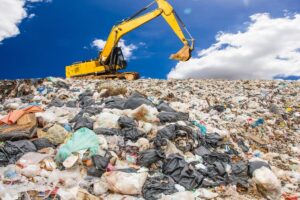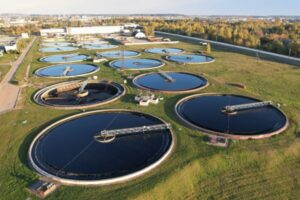The way we manage waste is undergoing a significant transformation, driven by increasing environmental awareness, stricter regulations, and the urgent need for more sustainable practices. Understanding the trajectory of waste management regulations is crucial for industries, municipalities, and waste management companies alike. Waste-to-energy (WtE) technologies, such as those pioneered by Clean Stream Fuels, are poised to play a pivotal role in this evolving landscape.
Evolving Waste Management Regulations
Several key trends are shaping the future of waste management regulations:
- Increased Landfill Diversion Targets: Governments worldwide are setting more ambitious targets for diverting waste from landfills through various means, including recycling, composting, and WtE. This is driven by concerns about landfill capacity, methane emissions, and land use.
- Stricter Environmental Standards: Regulations regarding air and water pollution from waste management facilities are becoming increasingly stringent, pushing for cleaner and more efficient technologies.
- Emphasis on the Circular Economy: Policies are increasingly favoring solutions that promote resource recovery and the reuse of materials, positioning WtE as a key technology for closing the loop on organic waste.
- Support for Renewable Energy from Waste: Recognizing the energy potential of waste, many regulations and incentive programs are specifically supporting the development and deployment of WtE projects.
- Extended Producer Responsibility (EPR): While primarily focused on recycling, EPR schemes can indirectly influence waste management by making producers responsible for the end-of-life management of their products, potentially increasing the volume of materials needing alternative solutions like WtE.
The Crucial Role of Waste-to-Energy
Clean Stream Fuels’ waste-to-energy technologies, including Hydrothermal Liquefaction (HTL) and Anaerobic Digestion, are strategically positioned to help stakeholders navigate these evolving regulations and embrace a more sustainable future for waste management:
- Achieving Landfill Diversion Goals: Our technologies significantly reduce the volume of waste requiring landfill disposal, directly contributing to diversion targets.
- Meeting Environmental Standards: Our advanced processes are designed with environmental responsibility in mind, minimizing emissions and producing valuable byproducts in a controlled manner.
- Supporting the Circular Economy: By converting waste into energy and other resources, we contribute to a more circular flow of materials.
- Generating Renewable Energy: The biocrude and biogas produced by our technologies help meet renewable energy mandates and reduce reliance on fossil fuels.
Preparing for the Future of Waste Management
As waste management regulations continue to evolve towards greater sustainability and resource recovery, embracing innovative WtE solutions like those offered by Clean Stream Fuels will be crucial for municipalities, waste management companies, and government agencies. To discuss how our technologies can help you prepare for the future of waste management and ensure regulatory compliance, please reach out to our team.
#WasteManagementRegulations #FutureOfWaste #WasteToEnergy #Sustainability #CircularEconomy



